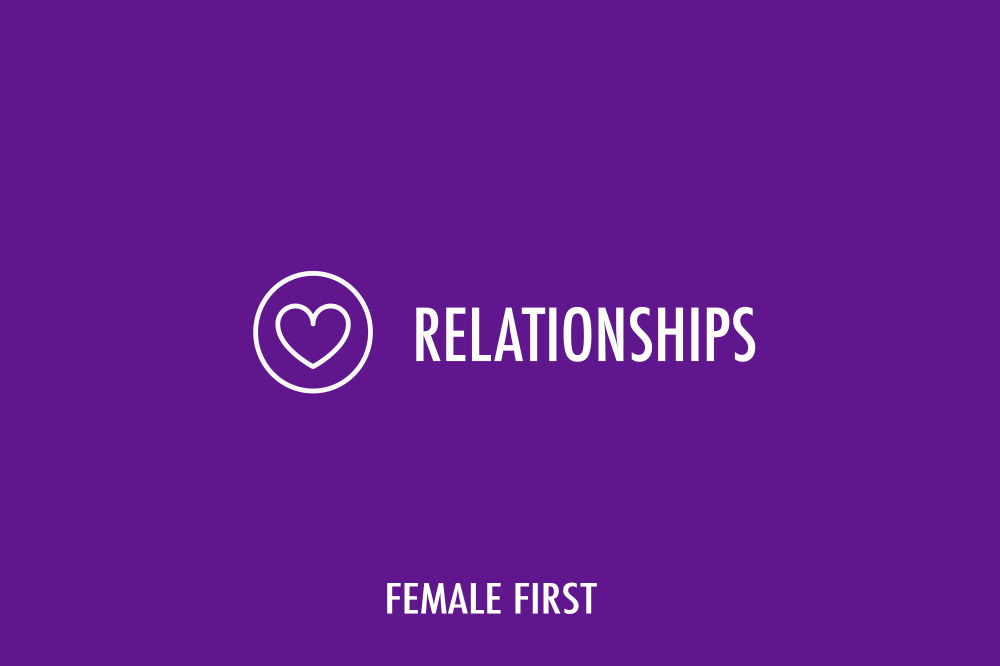Capital One has found in their Bounce Back Britain study that it takes an average of one month for every year spent with an ex to overcome the rejection. Realistically, these findings suggest that you should allow yourself at least half of your relationship to get over the hurt of a break up.

Relationships on Female First
Women are most likely to be the ones who are the ‘rejecters’, with 58% making the first move to be part ways, compared to just 44% of men.
Women, however take much longer to get over a break up than men with 20% more time needed to finally heal in a relationship of 5 years and 30% more in parings of 10 years plus.
Disappointingly, men only take a week to get over a relationship spanning 5 years and are back on the dating scene before you have reached for the ice cream and pyjamas.
Time may be a healer, however, when it comes to rejection do some people ever really push past it? The findings would suggest not; one in 12 said that they have never bounced back from rejection and 20% would not attempt another relationship after being knocked back. A massive 51% of women feel insecurity creeping in after being rejected, compared to just 38% of men, so it would seem that the make folk are more resilient to these types of setbacks than women.
In fact, men are twice as likely as women to put a positive spin on a negative outcome, one in ten (ten per cent) believe it’s important that they look on the bright side of life in these situations.
Commenting on the cycle of rejection, psychologist Donna Dawson, said: “Rejection is one of the worst feelings that men and women can experience. It calls up questions about self-worth and self-confidence, which lie at the core of our social personalities.
“Women are more psychologically ‘wired’ than men to find relationships the most important aspect of their lives, which is why they take longer to get over a broken one. Ironically, women do more rejecting because they are sharper at sensing that a relationship is going nowhere.
“Men are more psychologically wired for emotional distance and for competition in the workplace, and so they can bounce back more quickly from rejection and put a more positive spin on it.”
tagged in dating Relationship
